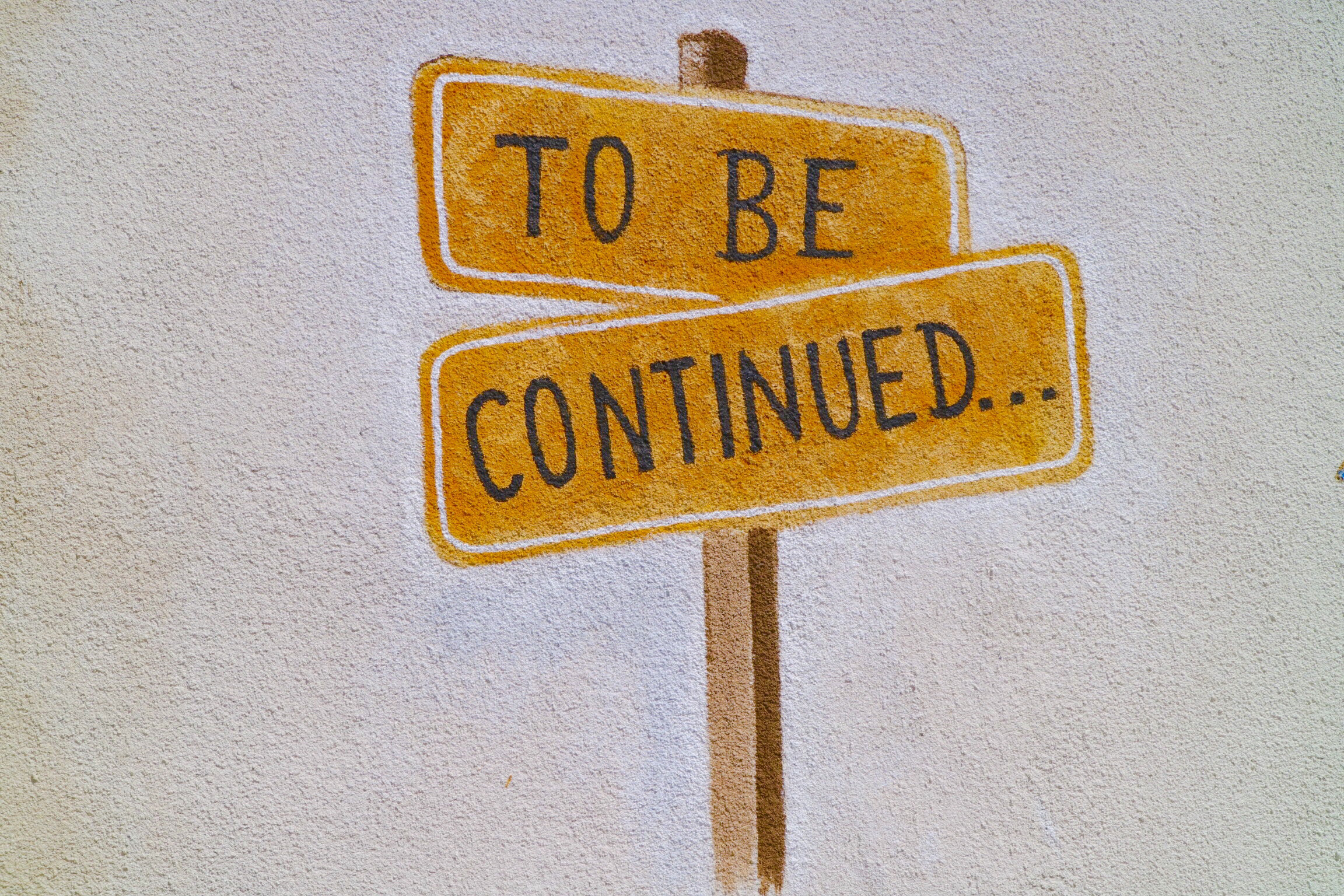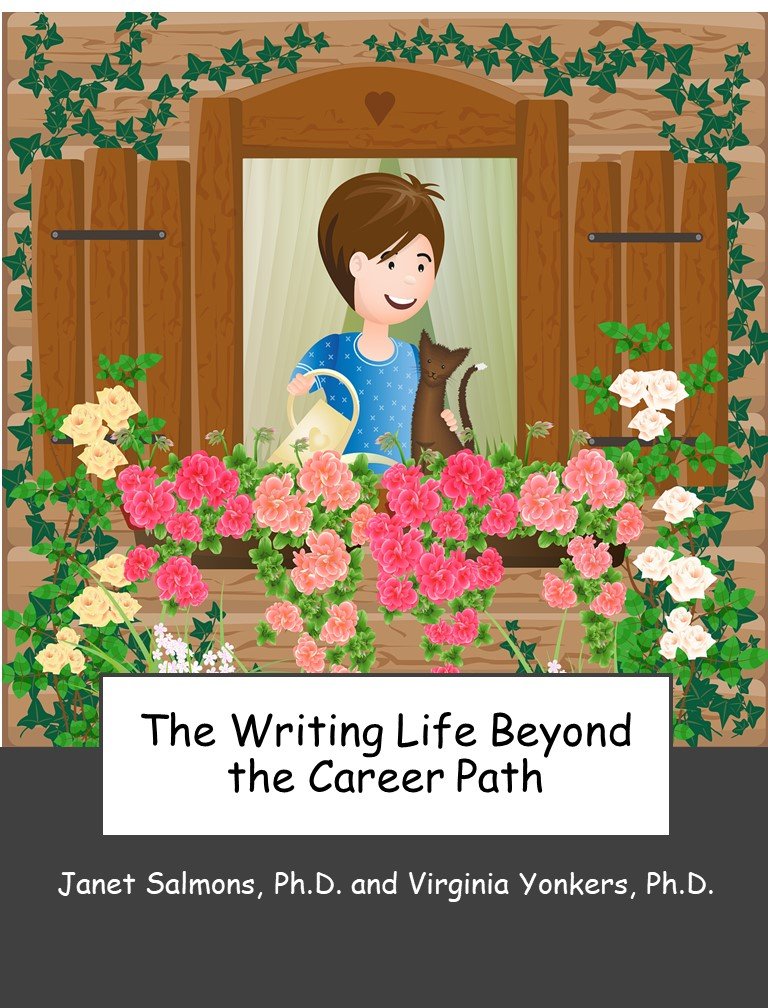Junk In Your Trunk: What to Do When You Feel Behind in Your Writing
Dr. Boyd was a panelist for the webinar, How Academic Writing Coaches Get Unstuck. In this post she responds to numerous questions posed by attendees, such as: “How to deal with shame about being very behind on a writing project?”
She is the author of the new book Becoming the Writer You Already Are. Use the code MSPACEQ422 for a 20% discount on SAGE research methods books, valid until December 31, 2022. Learn more about Michelle on her website, InkWell Academic Writing Retreats.
Dr. Michelle Boyd
During my first meeting with the man who would become my dissertation advisor, I told him, with complete sincerity, “If I'm not done with this program in four years, I want you to kick me out.”
I should say that my program required two years of coursework. We had to take written and oral prelims. Not the kind of prelims with a reading list built around your dissertation proposal, oh no. These prelims were in three distinct subfields for which the department may or may not have offered coursework. I also planned on doing a qualitative study. More precisely, an ethnography.
You don’t need me to do the math, but I feel duty bound to lay it out anyway: Even if I’d zipped through all the steps of becoming ABD in the first three years (I didn’t), there was no way I was going to enter and exit the field, code and analyze my data, write the diss, get feedback from my committee, and revise to their satisfaction—all within the fourth year of my program. To say nothing of depositing it, a poorly explained process with the grad school that required submitting the proper paperwork months ahead of time and enduring an in-person, page-by-page formatting review that reduced the heartiest of grad students to a jellied bundle of tears.
In other words, there was no frickin’ way I was going to finish the program in four years.
Of all the things I appreciate about my dissertation advisor, his response to my foolish pronouncement always tops the list. He would go on to wreck and then rebuild all my thinking about race. He introduced me to a world of ideas and community of thinkers that, to this day, form the bedrock of my writing and even my coaching. And he helped me find Chicago’s Jazz Record Mart, at a time when I could not let go of my turntable. But of all these things, the one I value the most is that he did not, at that moment, bust out laughing and toss me out of his office.
To be honest, I don’t really remember how he responded. (Not a surprise, given that I was clearly delusional at the time). When he’s taken aback by humor or insanity he often barks out a single, staccatto laugh, and when I think back on our conversation, that’s what I hear in my head. All I know is that he didn't waste his breath explaining how dumb I was to expect to blow through a PhD program. He just went about the business of trying to strip me of my vast stupidity over the course of the (count ‘em) eight years it took me to earn my Ph.D.
Part of me wishes that he had said something, though. Part of me wishes that, instead of shouldering past my first-year foolishness, he’d let the welcoming look you offer new grad students slip off his face, and then leaned back in his chair, and stared at me until I started to feel uncomfortable. I wish he’d explained, speaking slowly and quietly, the way you do when speaking to a fool, what a dangerous thing I’d just done. How the ridiculous standard I’d set for myself was a noose I’d just slipped around my neck, one I’d strangle myself with, over and over, for the entire time I was working on the dissertation. I wish he’d told me that once I’d fallen behind my impossible deadline, a permanent tightness would settle into my chest. That my faith in myself would melt away when people in my cohort began finishing before me. I wish he’d explained that from then on, no progress I ever made, no chapter I ever wrote would be good enough, because I’d still be Behind. I wish he’d told me that even when I finished the dissertation, and regardless of all my resulting successes, I’d feel a patina of shame it would take years to get over because I’d taken such a long time.
But the truth is, nothing he said would have made a difference. I was 22 at the time. Four months prior I’d been a college senior. I was used to exceling. Not because I was the best, or the smartest. But because I grind. That’s how I get things done. It’s how I get up every morning and write even when I don’t want to. It’s how I stayed up all night as an undergrad and popped out A papers. And up until then, that method had worked for me.
So I ground, and then ground myself down, and by the time I was 6 years into the program, I’d lost sight of what I’d always known was true about me, before I was even old enough to conceptualize it: that I’m smart and I have something to say. Instead I had that noose, and I tugged on it. All day, every day. Not enough to stop my breathing. Just enough to make every breath hurt.
Here’s why I’m telling you all this: scholars have precious few conversations with one another about the failures of work and writing that make up a part of a “successful” academic career. Instead of admitting that our study was prompted by a meme our stoner friend sent us, we pretend it was motivated by some pressing theoretical conundrum. We obscure our methodological confusions and errors with elegant retroactive arguments about why this or that data collection strategy makes the most sense. And when it comes to writing, we’re the worst. We hide all the time we fritter away chasing hashtags on Twitter. We bury the fact that it took nearly a year just to figure what we were saying in the Introduction. When I make a baby blanket for a friend and they gush over my handiwork, I don’t tell them that I taught myself to crochet when I was supposed to be writing my dissertation.
In other words, we collectively participate in creating a false image of what it takes to be a successful scholar and writer. We all know it’s not true, ‘cause we know what it’s like when we do the work; that it’s never that breezy day at the beach, especially not the first time, when we’re writing the dissertation. It’s like the scenes of throwing up on TV: they always show someone rushing into the bathroom, closing the door…and coughing. Even though none of us cough when we puke. We make this wet, wretching sound that’s horribly elongated and ends in a syncopated, plunky splash. We all know this. From personal experience. But still, we watch the TV cougher and we all agree that this delicate representation of puking is the one we’re going to adhere to.
Cause we’re afraid that we’re the only ones with the plunky splash, even though we know it’s not true.
When we privatize our failures and publicize our successes, we weave the collective lie that moments of self doubt, error, and foolhardiness are the result of weak, undeserving minds. We speak this lie for very rational reasons. But it’s important, if you’re in the relatively secure position afforded by seniority or tenure or reputation, to regularly disrupt it.
I know you want me to tell you how to fix that feeling of Behind. I actually started this piece planning on doing just that. (Just a few tips, ‘cause fixing your Behind is actually a long-term project, a bit much for a single blog post). And part of me still wants to do that: I’m a writing coach, I like being a Ms. Fix-It.
The thing is though, all the tips and tricks I can give you—they’ll help winnow down your to-do list and make the external demands feel more manageable. But on their own they can’t fix that sick feeling that nothing you do will ever be enough. That feeling is fed by isolation, by our inability to share with one another the times when we don’t meet the mark. Addressing that feeling is just as important as getting your workload under control.
So here’s what I suggest. The next time you’re feeling Behind, reach out to somebody you trust—somebody who really, really loves you—and tell them what a shitstorm your life is. Don’t just tell them about all the things you have on your plate. Tell them about the ways you’ve avoided the really important stuff (like writing) and how scared you are to even look at the draft. Tell them about how you lost it with your kids or snapped on the grocery clerk. If you do this, the person you’re talking to will help you see what you can’t see right now: that they’ve been there. That it’s ok that you’re there. That you’re enough, just as you are, no matter how far Behind you are on all the stuff you need to get done. And that being Behind right now doesn’t mean you’ll never be any place else.
This is why I told you about my Behind. I want you to know that others are in the same place you are. Not just the people you think of as slackers and losers. But the people you admire. The ones who seem like they have it all together. The scholars you see from across the room at your annual meeting and point out to your friends in hushed tones. These people feel just as buried and hopeless as you do, and guess what?
They still succeed. And you can too.


























Michelle Boyd answers a question about taking small steps to make progress on a large writing project.